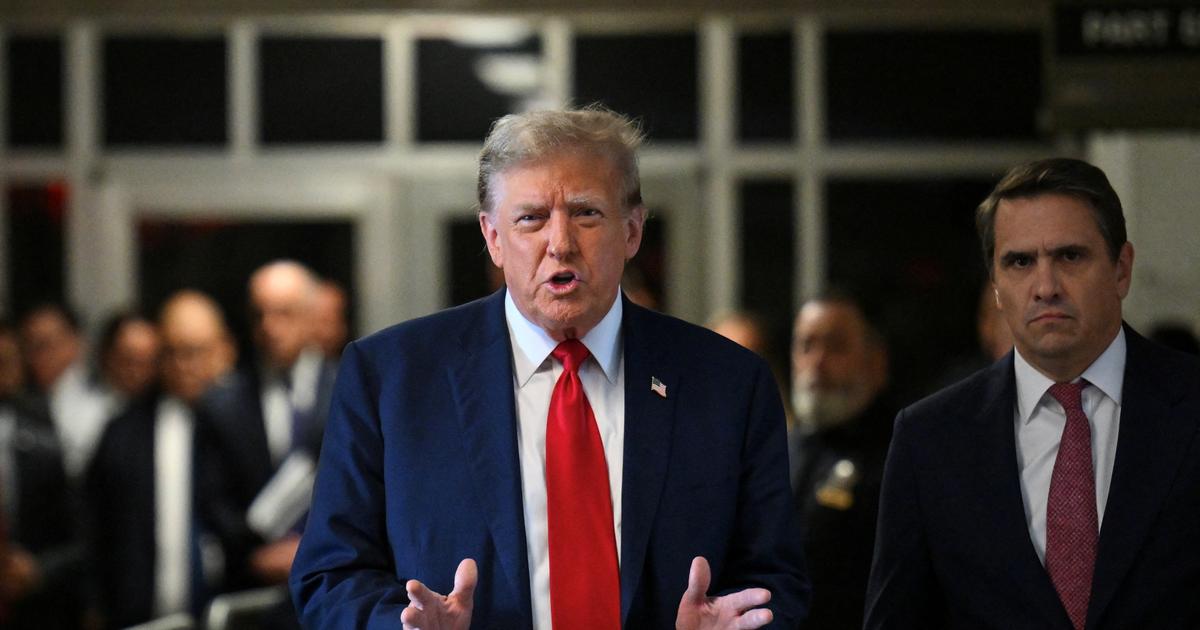First of all, note that the headline has the same effect as a drop shot by Charly Alcaraz.
It looks like an innocent or clumsy ball until it bounces and somehow sticks to the clay like a fish tail.
If he had written "predict the unpredictable" he would have incurred a contradiction of those that set Aristotle's hair on fire and would have made an unforced error.
The unpredictable, of course, cannot be predicted, and in fact there are mathematicians and economists who consider the unexpected to be the only genuine source of change in the behavior of stocks and financial markets.
Einstein discovered relativity in 1905 and, as the mathematician John Allen Paulos says, no newspaper published in 1900: "It's only five years until relativity is discovered!"
The predictable is already discounted by the markets.
Only the unpredictable can force them to redo their accounts.
But now comes the drop.
The headline is not about predicting the unpredictable, but about
preventing it
, which is a totally different question.
Since no one knows who the next pandemic agent will be, governments will feel – already feel – a strong inclination to put the issue in the box of lost steps, where some next ruler will find it when nothing can be done.
Overall, they will say, if we can't predict who the next Leviathan will be, we can't do anything about it.
From time to time, the Lord sends us a plague and we have to swallow it as if it were the cosmic pottery that swept away the dinosaurs.
This argument is a fallacy with balconies facing the street, and it must be pulverized if we want to learn something from the disastrous and cruel recent experience.
Too many people have died to look the other way.
To begin with, viral jumps from animals to people have been the cause of all the pandemics of the 20th century, and probably much further back.
If an animal virus jumps to people, it finds a population of millions or billions completely untouched by its attacks.
The technical term for this spread between species is zoonosis.
As far as we know, which is a lot, all pandemics are zoonoses.
So whatever is to come, it will almost certainly come from an animal.
Can we put barriers against any virus that comes from animals?
Oh yeah.
You only have to put 20,000 million dollars a year in veterinary and management.
In total, not in one country or another.
The interested reader can find
a solvent analysis in
Nature .
If we look at historical data, the biggest killer in history is still the Spanish flu of 1918. It wiped out 50 million people, twice as many as the Great War that ended just that year.
Not even AIDS, which has killed 36 million, nor SARS-CoV-2, which is 15. Ebola (15,000 dead), nipah (350) or zika (50) are footnotes to the universal history of infamy (thanks for the phrase, Jorge Luis).
Avoiding new pickles is in our hands.
To kill people we already have psychopaths.
Exclusive content for subscribers
read without limits
subscribe
I'm already a subscriber

/cloudfront-eu-central-1.images.arcpublishing.com/prisa/NY7EOPXKLJG4VH3BYZBETUJUN4.jpg)






